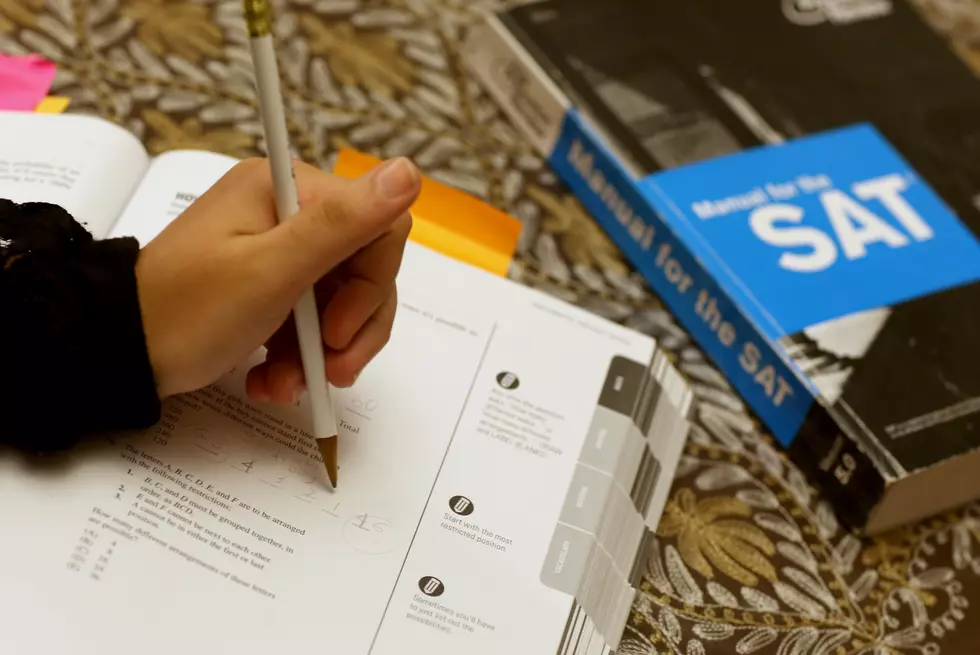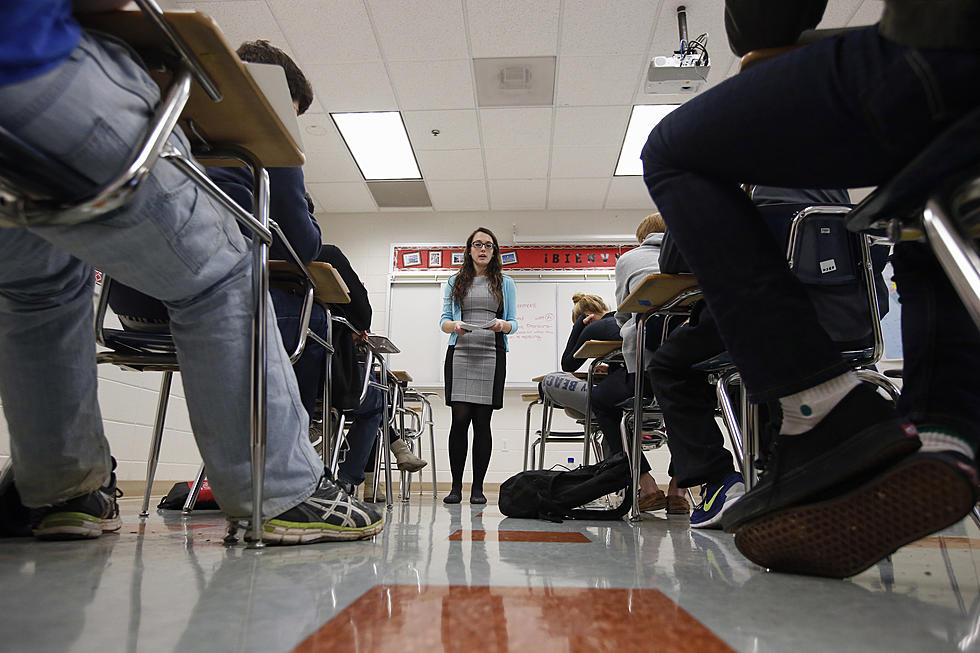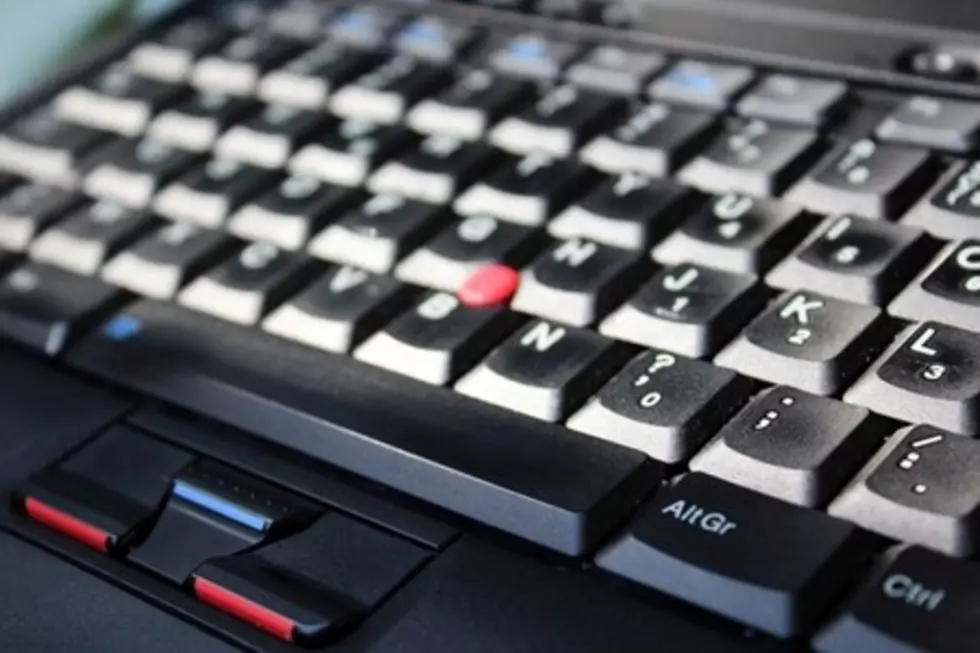
SAT tests canceled in China, Macau over cheating concerns
The firm that oversees registrations for the SAT has canceled college entrance exams on Saturday in China and Macau, because some students may have already seen copies of the tests.
The College Board, the New York-based testing firm, revealed the cancellations on Thursday.
Stacy Caldwell, the firm's vice president for college readiness assessments, said officials told students on Wednesday.
The College Board said 45 testing centers were affected, but it could not immediately say how many students were due to take the tests this weekend.
Those students will likely be advised next week about a makeup exam, which will probably be scheduled in a month or so, Caldwell said.
College Board officials wouldn't say how many students might have accessed the SAT tests in advance, or how they did so, citing security concerns.
"Any piece of information we provide, folks use that to try to figure out ways around the system," Caldwell said.
It's not immediately clear how many students were affected, but it's likely that both Chinese and international students had been preparing to take the test.
Per Chinese government rules, SATs in mainland China are administered primarily in international schools, where few students of Chinese nationality are enrolled.
Mainland Chinese generally take the test by traveling to other countries, or to the Chinese territories of Macau and Hong Kong.
To further complicate the makeup of the students, many international students could be Chinese students with foreign passports, said Jiang Xueqin, a Beijing-based education researcher and consultant.
Chinese parents are known to have secured foreign passports, sometimes from African countries, for their children to enroll at international schools.
"The culture is you do everything to get ahead," Jiang said.
The latest scandal would further hurt Chinese students, who are known to have fabricated personal essays and inflated grades when applying to American schools, he said.
"Now with the scandal, (the American schools) cannot trust the SAT anymore," he said, adding that U.S. schools will have to do more work in sifting through Chinese applications.
Last year, federal prosecutors in Pittsburgh charged 15 Chinese citizens in a conspiracy to have impostors take the SAT and other college entrance tests in western Pennsylvania since 2011.
A former University of Pittsburgh student, Han Tong, 24, has pleaded guilty to being the go-between for Chinese students who paid up to $6,000 to have impostors take the tests for them.
He's set for sentencing April 21.
U.S. Attorney David Hickton, of Pittsburgh, said all but three of those defendants -- who remain in China -- have pleaded guilty. Six have been deported and/or sentenced and the other six are awaiting similar hearings.
The Educational Testing Service, of Princeton, New Jersey, administers the SAT; the Test of English as a Foreign Language and the GRE graduate school entry exam, which were targeted in the Pittsburgh-based scam.
The College Board oversees registration for the SAT and, therefore, is tasked with ensuring schools that test results are legitimate for each particular student.
"We take test security very seriously," Caldwell said. "When we deliver an SAT score, that score is a fair and balanced score. When we see any sorts of reports of security incidents, we run them down."
The College Board conducts after-the-fact statistical analyses to find test score patterns that suggest cheating, and sometimes requires more stringent identification from students if it appears impostors may be taking the tests.
Canceling tests is the most serious step taken if cheating is suspected, however, Caldwell said.
The last time SAT tests were canceled was in 2013 in South Korea, which Caldwell called "a very similar situation."
(© 2016 The Associated Press. All rights reserved. This material may not be published, broadcast, rewritten or redistributed)
More From New Jersey 101.5 FM









